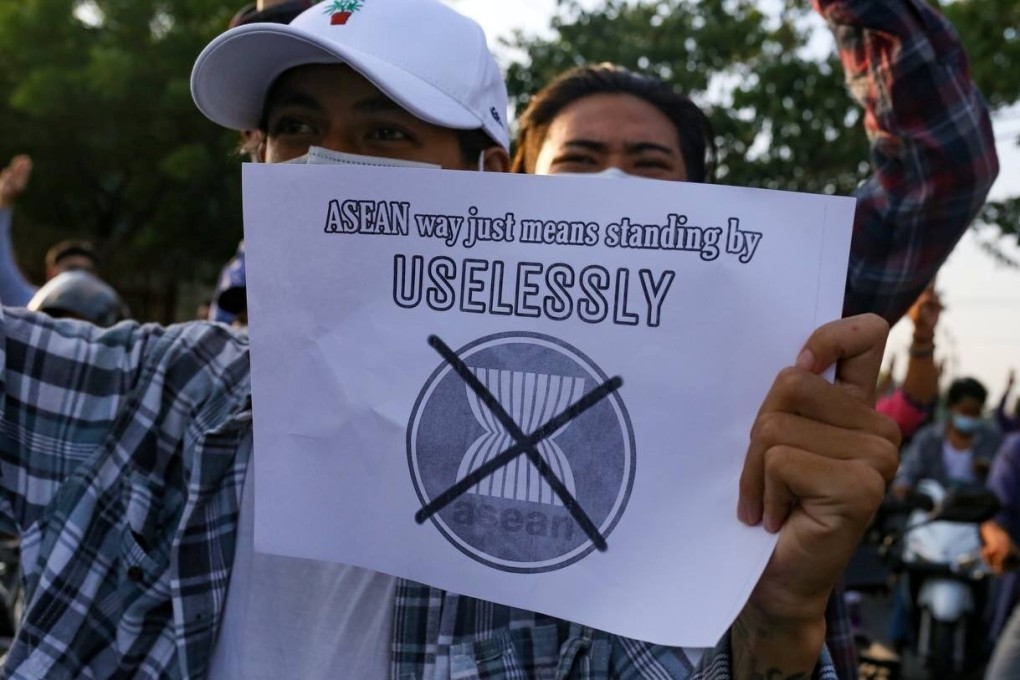Advertisement
Opinion | China or the US? Why Southeast Asia cannot stay neutral forever
- The unfortunate reality is that almost every nation in Southeast Asia is internally split between those favouring Beijing and those preferring Washington
- If conflict does erupt between the two, internal politics and assumptions of fealty by Washington and Beijing are likely to force the hand of regional leaders
Reading Time:3 minutes
Why you can trust SCMP
29

Given China’s long history of invasion and civil strife, it is no coincidence that weiqi, or Go, is considered by some to be the country’s national board game. Stemming from an era when the country was riven by fracture and war, the game’s aim – to encircle your opponent while avoiding encirclement in return – is reflective of the traditional fears within China’s foreign policy.
For some in Beijing, it might look like these fears are being realised. To China’s southwest, India is drifting towards the United States following the bloody border clash with the People’s Liberation Army last year that left 20 Indian soldiers dead.
To the east, the US has more than 80,000 troops stationed in Japan and South Korea. They would not be fighting alone if conflict arose with China, either, as Japan’s deputy prime minister recently said his country would defend Taiwan if Beijing attacked it.
Russia and Central Asia aside, Southeast Asia is the one area where Beijing can hope to find friendlier neighbours. This is strategically critical for China as Southeast Asia is on its doorstep and the conduit for much of its imports and exports.
Southeast Asia has well-established trade links with China, and in recent years the Association of Southeast Asian Nations (Asean) has become China’s leading trading partner. The signing of the Regional Comprehensive Economic Partnership agreement in November 2020 is likely to deepen these trade connections.
China is also making strenuous efforts to expand its military links with countries in the region. It has supplied tanks to the Royal Thai Army and firearms and ammunition to the Philippines, and conducted naval exercises with Indonesia.
Advertisement

